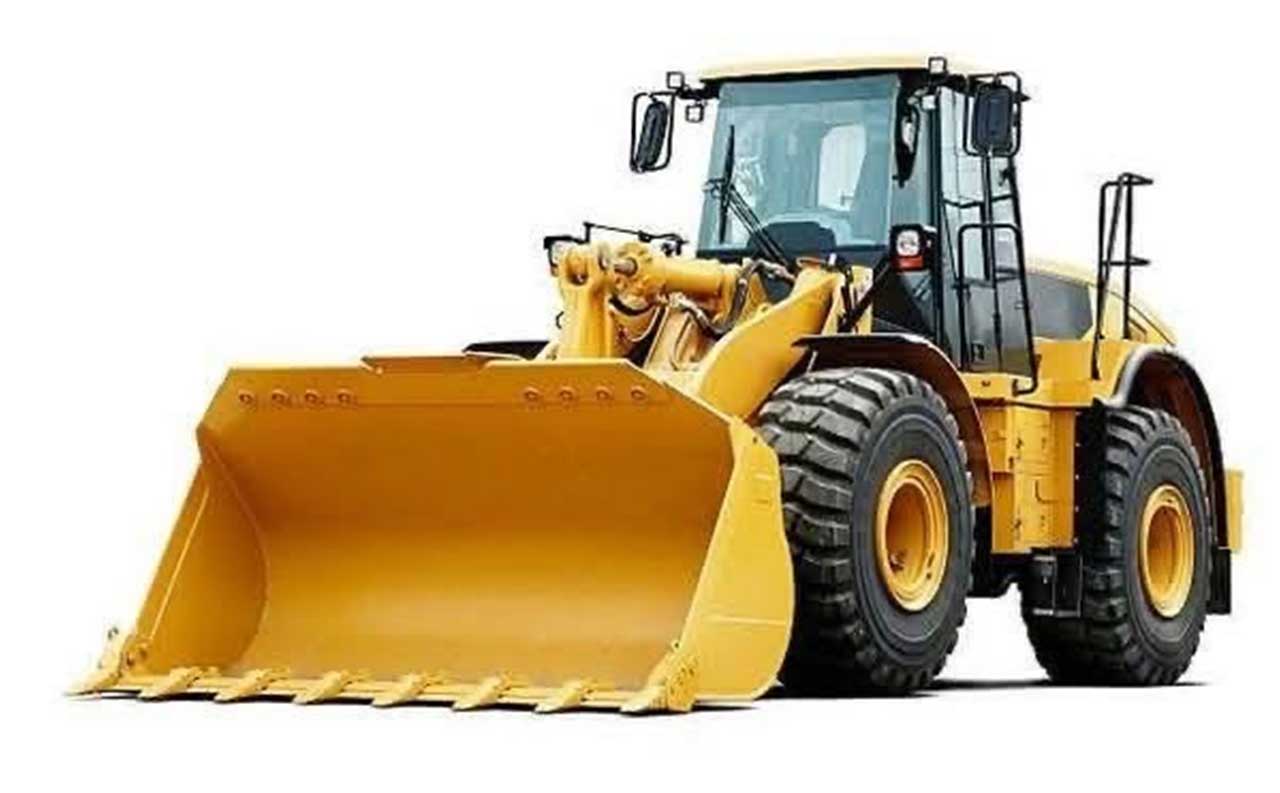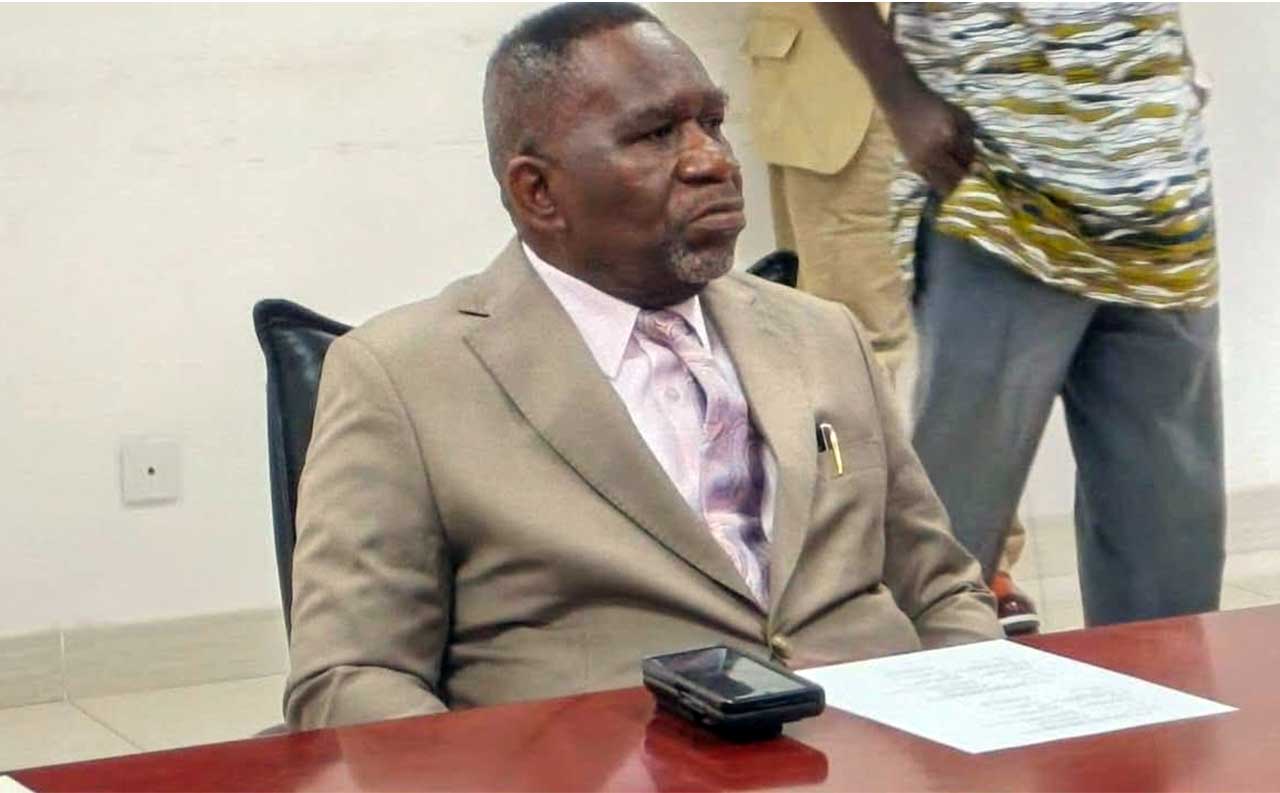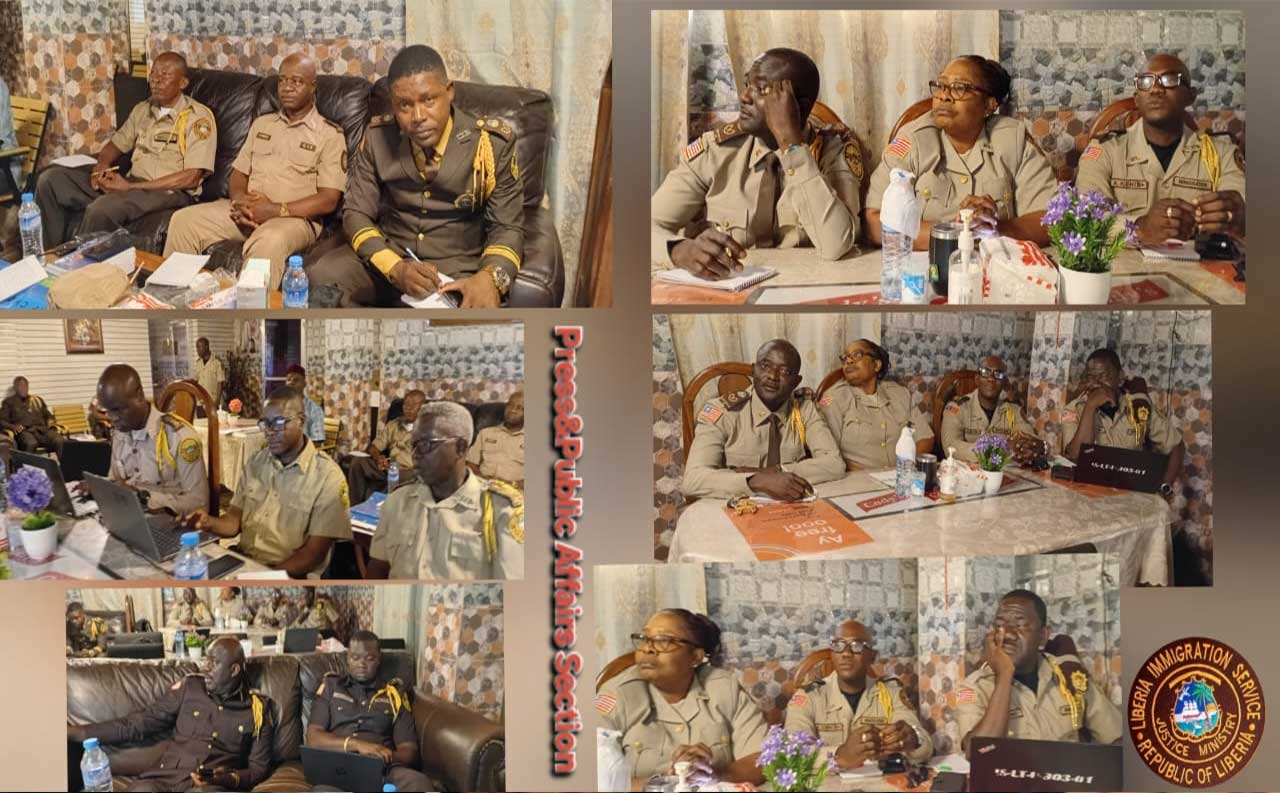The Government of Liberia, through the Ministry of Public Works, has completed procurement processes for 285 pieces of heavy-duty earth-moving equipment, commonly referred to as “yellow machines.” These machines are expected to arrive in the country by the end of this year.
During a regular press briefing at the Ministry of Information on Tuesday, May 27, 2025, Deputy Information Minister for Press and Public Affairs, Daniel Sando, announced that the new machines would enhance road maintenance efforts nationwide, with each county receiving 19 pieces. The initiative is overseen by Vice President Jeremiah Koung.
These machines are anticipated to expedite the demolition process across the country, which has been sluggish due to a lack of equipment. Additionally, plans are in place to pave the Ganta to Zwedru corridor, ultimately connecting the entire southeastern region to Monrovia by 2029. “This demonstrates our commitment to rural connectivity and national development,” Deputy Minister Sando stated.
It is important to note that the Government of Liberia renegotiated the terms for the purchase and shipment of these 285 pieces of earth-moving equipment. The government evaluated potential procurement options, including pricing, shipment, and distribution across the 15 counties, before submitting its findings to President Boakai for further action.
The report assured citizens that the equipment would be delivered in the originally promised quantity of 285 pieces, with a significant reduction in the initial cost. Following the renegotiation, suppliers agreed to sell the machines for a total of $22 million. Payment for the equipment will align with the national budget, with full payment expected to be completed within three years, starting from the 2025 fiscal year.
In May 2024, a three-day retreat led by President Joseph Nyuma Boakai revealed the acquisition of the 285 earth-moving machines. This announcement sparked controversy and skepticism, particularly from the opposition Congress for Democratic Change (CDC), who accused the government of making false claims about the project.
In response, President Joseph N. Boakai clarified that South African businessman Robert Gumede, a Pan-Africanist and principal owner of GM Earthmoving Equipment, had proposed to finance, deliver, and maintain the 285 yellow machines to upgrade and maintain the country’s road network. This disclosure raised further doubts among the public. To complicate matters, the first batch of these controversial yellow machines arrived in the country and was removed from the Freeport of Monrovia, subsequently being taken to the EBK Military Barracks on the Robertsfield Highway, where they awaited the arrival of the remaining shipment.
However, the machines could not be utilized because the legislature refused to approve the proposed budget, citing concerns about the questionable negotiation process surrounding the equipment. As a result, another round of negotiations ensued.




this is what we Liberian voted for. I believed in the oldman, I knew that he is a man that can put this country on the rightful path.